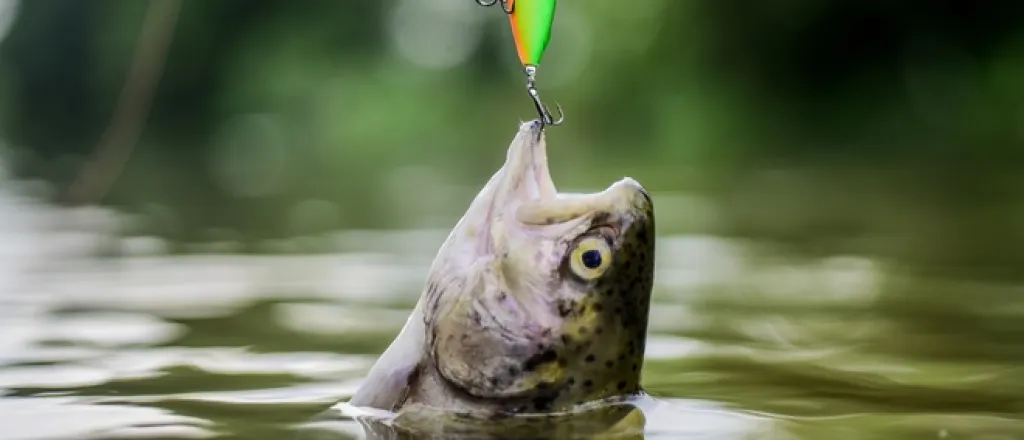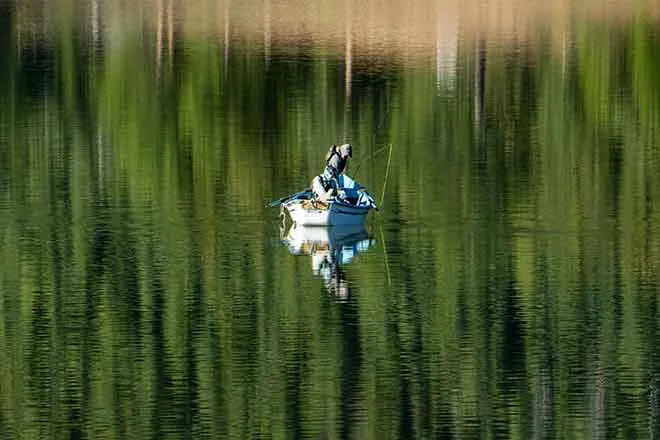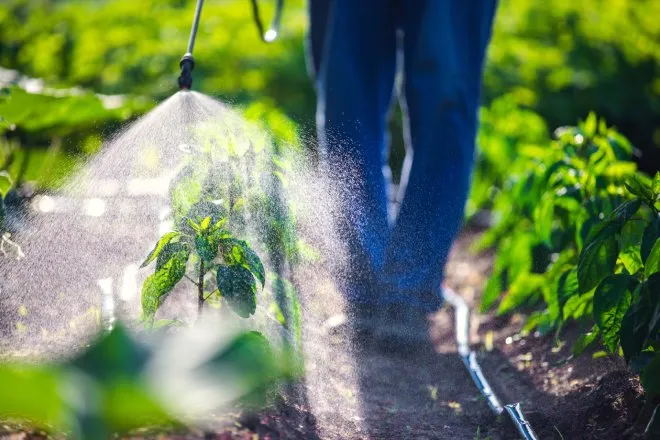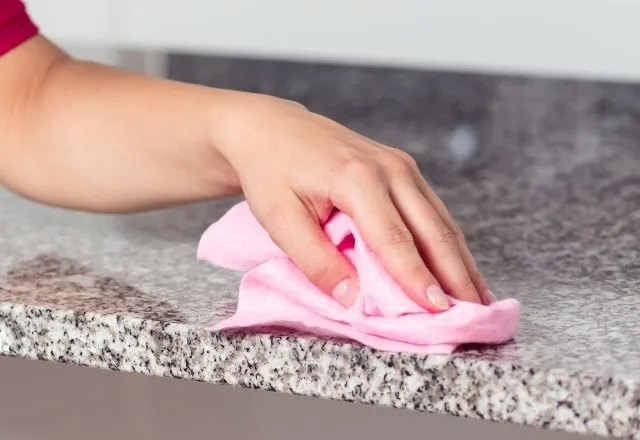
Is It Safe To Eat the Fish You Just Caught?
©
There’s nothing quite like the thrill of catching a fish and the satisfaction of cooking it for dinner. But before you fire up the grill, you might wonder if that fresh catch is truly safe to eat. The answer depends on a few important factors, including where you fished and how you handled the catch afterward. Knowing what to look for can ensure your meal is both delicious and safe.
Check your fishing spot
The safety of your fish starts with the water it comes from. Different bodies of water, like oceans, rivers, and lakes, have unique environments that can affect the fish living in them. Local authorities and state health departments regularly test water quality and issue consumption advisories if they find high levels of contaminants like mercury or PCBs. You should always check these advisories before your fishing trip. They provide specific guidance on which fish species are safe to eat and how often you can consume them. A quick search online for your fishing location will usually provide all the information you need.
Handle your catch properly
Once you have landed a fish, proper handling is critical to keep it fresh and prevent bacterial growth. You should gut the fish as soon as possible to remove internal organs, which can spoil quickly and contaminate the meat. After gutting, wash the fish thoroughly with clean water. To get a clean cut and prepare your fish for cooking, you’ll need to choose the best fillet knife for fishing. Finally, place the fish on ice or in a cooler immediately. Keeping it cold slows down the growth of harmful bacteria, preserving its flavor and safety until you’re ready to cook.
Cook it thoroughly
Proper cooking kills most bacteria and parasites that could be present in your fish. You should cook fish to an internal temperature of 145 degrees Fahrenheit (63 degrees Celsius). The flesh should be opaque and separate easily with a fork when it’s done. If you plan to eat your fish raw, like in sushi or ceviche, you must be extremely careful. Only certain saltwater fish are suitable for raw consumption, and you must freeze them at very low temperatures to kill parasites. You should never eat freshwater fish raw, as they are more likely to carry parasites that only cooking can eliminate.
A safe and delicious meal
Eating the fish you catch can be a rewarding experience. By paying attention to water quality advisories, handling your catch correctly, and cooking it thoroughly, you can confidently enjoy a fresh, healthy, and safe meal. Taking these simple precautions ensures that your fishing adventures end with a satisfying dinner you can feel good about.

















